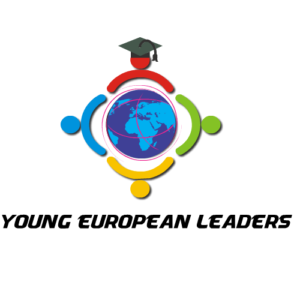Schildtin lukio, Jyväskylä, FINLAND
DESCRIPTION:
This course is based on the YEL – Young European Leaders Erasmus+ project and its content. The course aims to develop leadership skills and prepare students for participation in leadership simulations – e.g. a MUN conference.
Schildtin lukio will offer this high school course as one of the school’s optional courses in the school year 2018-2019. The Finnish high school system is based on 38 lessons (one lesson taking 45 minutes) system. In each term, students choose in average 5 courses as their personal study plan.
Although this course is designed for the Finnish high school system, it can be realized as an extra-curriculum/ afternoon or evening club and can be easily modified to any needs of a particular school or other educational institution.
In Schildtin lukio we want to involve international team working in this course: in previous years we have been preparing for MUN conferences with McFarland High School in the USA and multiculturally mixed preparation groups have been very fruitful. The aim is to offer our students a valuable experience on intercultural networking – which has also been a big aim of the whole YEL project.
The important point is also that students should be involved in course planning. They are active participants instead of passive recipients. In Finnish system we plan to organize a pre-session for students to tell them about this special course and to hear their wishes: they can comment on the visits and visitors planned. The group is shown the websites of MUN conferences and given a pre-task: What is the MUN conference you would like to participate in the end of the course? During the course, students also have an active role in the course management.
MATERIALS:
All materials are available on www.yel-erasmus.eu
CLASSROOM:
We strongly advise using a special room for the course. All the participants need to be able to speak to each other and have access to information sources (e.g. books or Internet)

